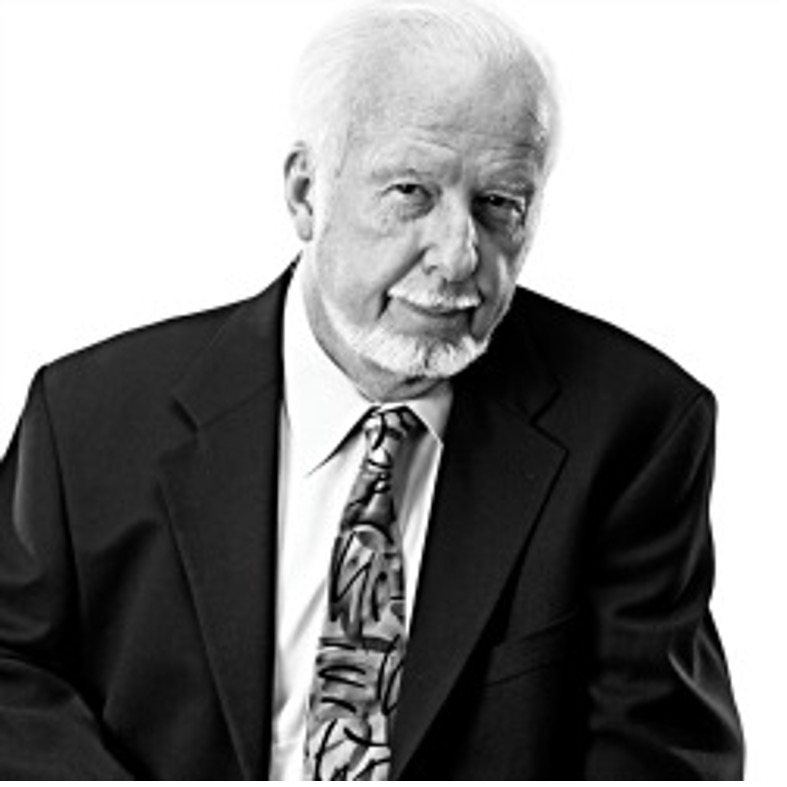
Richard Olson
Richard S. Olson received his B.A. degree from the University of California, Davis in 1967, an M.A. degree from UCLA in 1968, and a Ph.D. in 1974 from the University of Oregon, all in Political Science, emphasizing the fields of Comparative Politics and International Relations. He spent 1965-1966 at the University of Madrid and then 1968-1969 as a Fulbright scholar in Colombia.
Previously a faculty member at the University of Redlands (8 years) and Arizona State University (12 years), Professor Olson joined Florida International University (FIU) in 1998 and is a faculty member in the Department of Politics and International Relations and currently serves as the FIU director of both the Extreme Events Institute (EEI) and its International Hurricane Research Center (IHRC), which includes the internationally recognized Wall of Wind hurricane simulator.
In addition to his current positions, Professor Olson has served FIU as a department chair (6 years) and as the founding chair of the Faculty Assembly of the Steven J. Green School of International and Public Affairs (4 years). At the national level Professor Olson was a member of the National Research Council “Committee on Assessing the Impacts of Climate Change on Social and Political Stresses” (2012-2013), which produced Climate and Social Stress: Implications for Security Analysis (Washington, D.C.: National Academies Press, 2013) and is currently completing his third year on the Board of Directors of the (100-member) North American Alliance of Hazards and Disaster Research Institutes (NAAHDRI).
In part because of his language capability and experience in Latin America, Professor Olson was part of a research team to the 1972 Managua, Nicaragua earthquake and was subsequently involved in multidisciplinary disaster response, research, and evaluation in more than 20 other events, including Guatemala 1976 (earthquake); Chile 1985 (earthquake); Mexico City 1985 (earthquakes); Colombia 1985 (volcanic eruption and lahar); Peru and Bolivia 1996-1998 (El Niño-Southern Oscillation); the Dominican Republic 1998 (Hurricane Georges); Honduras and Nicaragua 1998 (Hurricane Mitch); and El Salvador 1986 and 2001 (earthquakes). In more recent years Professor Olson has been involved in helping select, support, counsel, and/or debrief returning leaders or team members to such events as the Haiti and Chile earthquakes (2010), the Ebola virus outbreak in West Africa (2014-2015), and Hurricane Dorian in the Bahamas (2019).
As Principal or Co-Principal Investigator, Professor Olson has attracted more than $25 million in external funding, including from the National Science Foundation (NSF), the U.S. Agency for International Development (USAID), and the State of Florida Division of Emergency Management (FL-DEM). As EEI director he has helped other faculty with successful proposals for more than $33 million from NSF, USAID, the National Oceanic and Atmospheric Administration (NOAA), and the State of Florida Office of Insurance Regulation (FL-OIR).
In addition to his 1989 book The Politics of Earthquake Prediction (Princeton University Press), Professor Olson reports that he most enjoyed writing “Toward a Politics of Disaster: Losses, Values, Agendas, and Blame,” International Journal of Mass Emergencies and Disasters (2000); “From Disaster Event to Political Crisis: A ‘5C+A’ Framework for Analysis,” International Studies Perspectives (2010); “Speaking Truth to Power: Please Don’t Call Them ‘Natural’ Disasters,” Research Counts (University of Colorado, Natural Hazards Center, February 15, 2018); and “From Disaster Risk Reduction to Policy Studies: Bridging Research Communities,” Natural Hazards Review (2020).